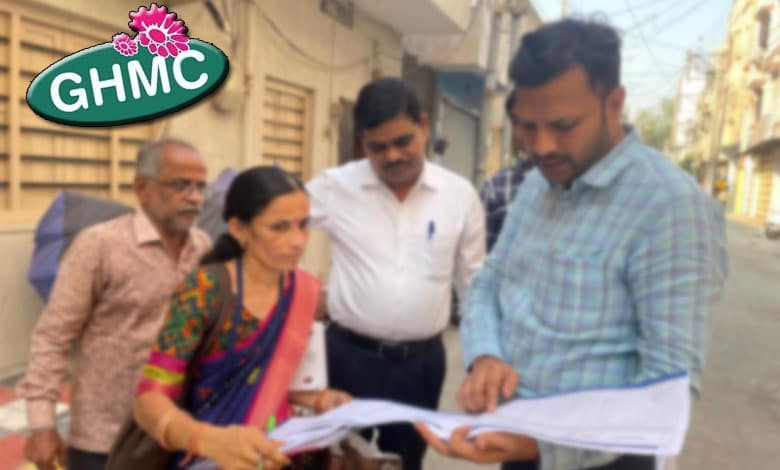Hyderabad’s Comprehensive Survey 2024: Key Highlights and Progress
Launched on November 6, the survey has already covered data collection for 8,41,256 families as of Saturday, highlighting its efficiency and reach.

Explore key highlights and progress of Hyderabad’s Comprehensive Survey 2024. GHMC covers 8.41 lakh families, gathering vital social, economic, and employment data for urban development.
Hyderabad: The Comprehensive Household Survey, aimed at collecting extensive data across various aspects of family life, is progressing at a remarkable pace within the Greater Hyderabad Municipal Corporation (GHMC) limits. Launched on November 6, the survey has already covered data collection for 8,41,256 families as of Saturday, highlighting its efficiency and reach.
Table of Contents
Survey Overview and Timeline
The Comprehensive Household Survey is designed to gather vital information about families residing in Hyderabad. The survey is being conducted in two phases:
- Initial Phase (November 6-8): Enumerators visited assigned blocks and collected basic family information during this period.
- Detailed Data Collection (From November 9): Enumerators began gathering in-depth data, including:
- Social Aspects: Family structure, demographics, and caste-related information.
- Economic Aspects: Income sources, financial status, and livelihood details.
- Educational and Employment Data: Literacy levels, professional qualifications, and employment status of family members.
- Political Participation: Voter enrollment and engagement in governance.
This door-to-door approach ensures comprehensive coverage and accuracy, fostering better insights for planning and policymaking.
Also Read: Hyderabad: More Than 5 People Not Allowed to Gather for Two Days: Here’s Why
Administrative Measures to Ensure Accuracy
To ensure the survey’s seamless execution, authorities have implemented a robust monitoring system:
- Nodal Officers: Each of the three circles within GHMC has a dedicated nodal officer overseeing activities in their area.
- Zonal Commissioners: These officials conduct field visits, monitor the progress, and address challenges. They also provide guidance to enumerators, particularly regarding coding procedures, following government protocols.
This multi-layered supervision aims to minimize errors and maintain consistency in the data collection process.
Progress So Far: A Milestone Achieved
As of Saturday, enumerators have collected data from 1,49,073 families, adding to the cumulative total of 8,41,256 families covered so far. The rapid pace of data collection reflects the efficiency and dedication of the enumerators and supervisors involved.
Significance of the Survey
The Comprehensive Household Survey serves as a critical tool for urban planning, development, and governance. Here are some key benefits:
- Targeted Welfare Programs: The detailed information enables the government to design welfare schemes tailored to the socio-economic needs of specific communities.
- Resource Allocation: Accurate data helps authorities allocate resources efficiently across sectors like healthcare, education, and infrastructure.
- Civic Improvements: Insights derived from the survey assist in addressing civic issues such as housing, water supply, sanitation, and transportation.
- Employment Strategies: Understanding the employment status of residents allows policymakers to create job opportunities and skill development programs.
Challenges and Solutions
Despite the survey’s rigorous planning, challenges such as logistical hurdles and ensuring complete family participation have surfaced. To address these:
- Enumerators are receiving regular training to manage on-ground challenges effectively.
- Zonal commissioners and nodal officers are actively resolving issues by providing real-time support during field visits.
These measures underscore the commitment to ensuring data accuracy and comprehensiveness.
Future Goals
The Comprehensive Household Survey aims to complete data collection across all households in the Greater Hyderabad limits. Authorities are focused on:
- Reaching underserved and hard-to-access areas.
- Validating the collected data for accuracy and reliability.
- Analyzing the information to create actionable insights for governance.
Conclusion
The Comprehensive Household Survey marks a significant step towards creating a data-driven governance model for Greater Hyderabad. With over 8.41 lakh families surveyed so far, the initiative showcases the government’s dedication to understanding the needs of its residents. As data collection progresses, the survey is expected to pave the way for more inclusive and impactful urban development strategies.
